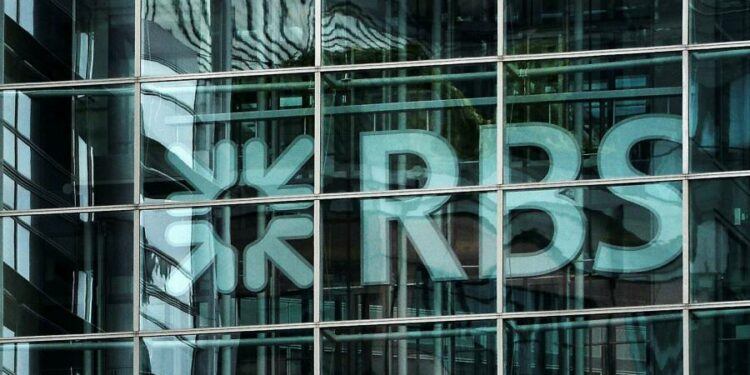When the Bank of England announced the results of annual stress tests for the UK banking sector this month, officials seemed crestfallen they could not bring the press corps into their inner chambers on Threadneedle Street due to Covid-19 restrictions.
But the drama of the annual announcement had already waned in the seven years since the central bank began annually testing lenders’ capacity to withstand Armageddon.
Gone are the days when investors waited anxiously to discover which bank was going to be asked to raise extra capital or curb dividends to bring their balance sheets into line. The last failure in a BoE stress test was in 2016, when the nationalised Royal Bank of Scotland was ordered to revise its capital plan.
The more high-octane days of stress testing are even further back. In the Irish exercises of 2010-11 the whole country held its breath to discover the size of the hole in its banks’ balance sheets, only to find out it was so gaping that Ireland would have to take an EU-IMF bailout to plug it. Banks in some parts of continental Europe watched the European Central Bank’s first stress tests in late 2014 with similar trepidation.
Now we are well into the new normal. Banks almost never fail, leaving the stress testers with a conundrum.
“I was bothered by the question of, ‘what are these things for when everybody passes?’,” recalled one official involved in the post-crisis deliberations on stress tests. With each year that the banks all pass, he questioned how much information are the tests actually giving central bankers and regulators.
One thing the world’s regulators would have welcomed information on in the recent past is how banks would fare in a multiyear disruptive event such as a pandemic. Stress tests were silent on that point, because a crisis like Covid was never among the imagined apocalyptical scenarios that banks were tested against.
Still, an analyst who has been covering these things since their inception says stress tests are still useful to his clients, even though their importance has declined precipitously since the crisis.
The US tests, which directly set maximum dividend levels, are the most impactful. The EU version, now overseen by the European Banking Authority, have the least practical read-across because the focus is on assessing resilience rather than mandating actions. But the exercise offers valuable standardised data on banks.
In defence of stress tests, officials argue that banks are well capitalised partly because they are put through their paces every year. Banks want to keep their capital at a level that minimises the chances of a humiliating failure.
Rigorous stress testing also improves risk management, they add. The Americans have the strongest claim here because the US stress tests include a qualitative element, where the Federal Reserve examines banks’ internal checks and balances, and mandates improvements as needed.
The broader global argument is that the hard numbers part of the stress tests offer helpful insights into the risks banks are taking, which can lead to better choices. If they had been in place in the early 2000s, banks would have known how much risk they were running in their subprime books.
Bank insiders agree with that logic, to a point. One industry veteran says stress tests are “super useful” for understanding risks and “a very good tool for having a grown-up discussion for people who aren’t quant nerds”.
But he argues that the complexity of regulatory stress tests can hurt risk management by requiring huge resources. This veteran worries that his bank’s risk department missed a recent major issue with a troubled client because it “turned into a regulatory and compliance organisation, with all of our resources going into regulatory stress tests”.
A stress test practitioner at another bank describes submissions running to 1,400 to 1,500 pages. “Stress tests are important . . . but if we’re going to do them, let’s do them rationally,” he said, arguing that the complexity of the process was not beneficial.
In the US, bank-devised scenarios form part of the Fed’s annual assessment. Risk managers say the Fed, bruised after being blindsided by the pandemic, is pressing banks to create more extreme scenarios. The endgame is usually an asteroid, at which stage the more glib risk managers point out that if a huge rock did fall from the sky, the world would have far bigger problems.
The official involved in creating the early stress tests says the asteroid scenario is worth considering nonetheless. “Then you should say [to politicians], they can’t survive this scenario, do you think they ought to be able to?” he said. “The question is how resilient do you actually want the banks to be?”











